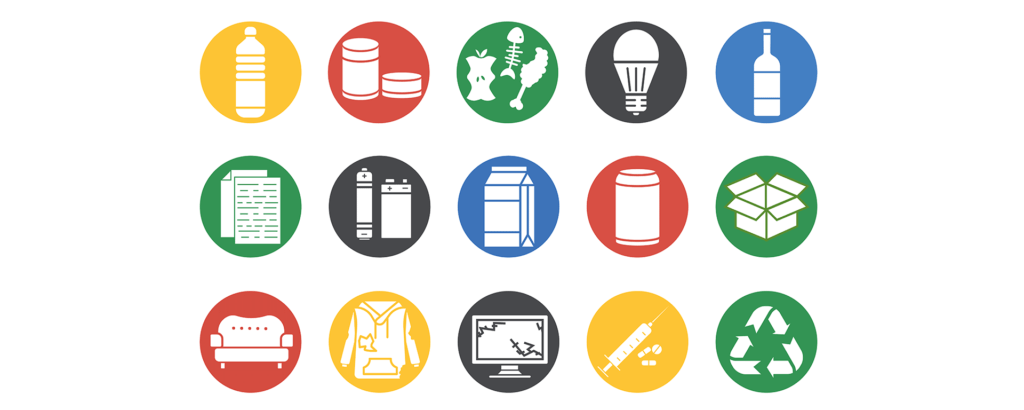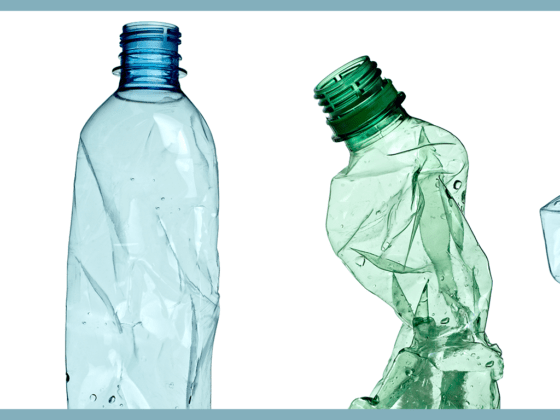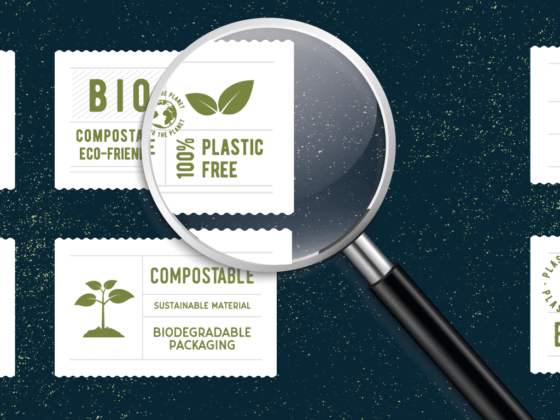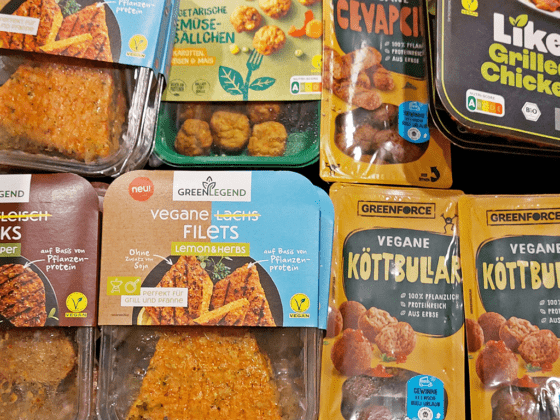The EU is putting on pressure: waste-intensive packaging is to be banned, reusable and recycling solutions massively promoted – for this, the responsible Commission has proposed a revision of the EU guidelines for packaging waste. Certain packaging, which was previously taken for granted in our everyday lives, will even be banned altogether in the future.
EU pulls emergency brake against even more waste
The figures are frightening: just under 180 kg of packaging waste per capita and year are generated in Europe. Packaging eats up raw materials: 40 percent of fresh plastic and 50 percent of paper produced in the EU is used for packaging materials. And the trend is rising. A trend that now has to be stopped. The aim is to massively reduce the consumption of primary raw materials. Instead, goods must be packaged in the future in material containing as much recycled content as possible.
Unambiguous labels across Europe
In order to strengthen the circular economy, packaging will be labeled more clearly: Each package will have a label indicating what it is made of and which trash can it belongs in. The waste containers will be given the same labels – uniformly throughout Europe. This is a very ambitious project, says Malte Biss from flustix, “because we don’t have any uniform recycling systems in Europe – and therefore got completely different infrastructures. To finally achieve this uniformity, the EU’s initiative is exactly right.”
The new rules will affect shopping and traveling
The EU Commission is targeting disposable packaging in particular – and consumers will also feel the impact. For shopping and traveling, there are the most drastic changes. In the future it will be forbidden:
- For food and beverages consumed in a restaurant or café, disposable packaging may no longer be used in the future. This could affect fast food restaurants in particular: Mcdonald’s is currently already testing reusable packaging for food eaten on site. The french fry tray in paper garb, which has been used for decades, would thus be history.
- Disposable packaging would also be banned for fruit and vegetables. This would ensure that, for example, bananas are not packed again extra in plastic.
- Mini shampoo bottles and other miniature packaging, as we know them from hotels, may no longer be used.
By 2030, packaging must be unconditionally recyclable
The requirements for packaging materials are very clearly defined in the new regulation. The goal: By 2030, all packaging must be completely recyclable. It also specifies the proportion of recyclates that plastic packaging in particular must contain. Germany is playing a pioneering role here: The one-way deposit system ensures that high-quality PET bottles can be recycled after use – especially because they are returned unmixed and get sorted via the deposit machines.
Enough of the bioplastics mess
The new regulation also sheds light on the bioplastics jungle. Currently, disposable beverage cups are also advertised as “compostable,” although there is practically no way to compost such products. In addition, biomass used to produce such plastics must in the future come from sustainable sources. This means: no raw materials that can be used as food or feed (such as corn) may be used for production, but only the waste or by-products from production. To avoid greenwashing, manufacturers must refrain from making claims such as “bioplastic” and “biobased.” The proportion of bio-based plastic must be specified exactly (eg: “The product contains 50% bio-based plastic”).
bvse Association: More jobs, consumers save money
The recycling specialists of the German Federal Association of Secondary Materials and Waste Disposal (bvse) assess the initiative of the EU Commission as consistently positive. In the statement of the association (approx. 1000 member companies) it says:
- “The promotion of reuse alone should lead to more than 600,000 jobs in the relevant sector by 2030, many of them in local small and medium-sized enterprises.”
- “We expect very innovative packaging solutions that pave the way for reduction, reuse and recycling. Money should also be saved thanks to the measures. Everyone in Europe could save just under 100 euros a year if companies pass savings on to consumers.”
Now the EU Parliament discusses the proposals of the Commission
The proposal on packaging and packaging waste will now be discussed by the European Parliament and the Council, after which the existing directive (each state decides independently on implementation) will become a regulation that will apply immediately after entry into force in all member states. The Commission has announced further proposals for the first quarter of 2023, when the Green Claims Directive is to be expanded. Among other things, it is to stop the uncontrolled proliferation of seals and ensure that claims of ecological benefits in the future are certified by independent and officially accredited institutions on the basis of recognized standards. The flustix seals already belong to the Europe-wide recognized seals in the field of plastics recycling.
 English
English Deutsch
Deutsch




